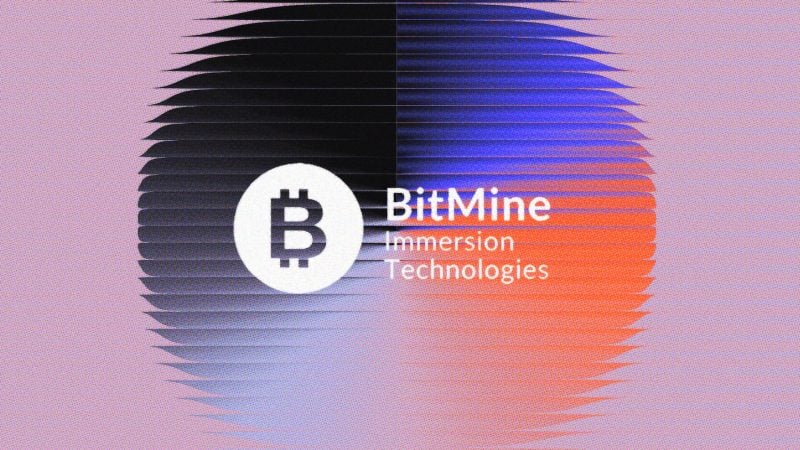A new blockchain builder program in the Philippines is helping train young developers in a remote province to write blockchain code and ship projects on-chain.
Students from Puerto Princesa, the capital city of Palawan, a long, sparsely populated island province isolated to west of the Philippines, spent weeks learning something entirely new to them: Move, an open-source smart contract language originally developed from Meta’s Diem project, now adapted by its former developers who went on to build Sui and Aptos.
Dubbed the Sui Builder Program, the initiative offers a skills-based and results-oriented path that stands in contrast to economies of escape many young Filipinos have turned to as systemic disparities widen and formal opportunities narrow.
“What this opportunity has brought us changed our mindset [that] we should be thinking more, dreaming big,” Nicholo dela Rosa, a third-year computer science student at Palawan State University, said onstage Friday at YGG Play Summit, the largest player-focused Web3 gaming event held annually in Manila.
His team, The Scouts, won a hackathon as part of the program to create Campfire, an on-chain app that digitizes certificates and community assets while letting users earn badges for event participation. His co-developer, JK Rabanal, described it as a “gamified Luma on Sui,” referring to an app popular among crypto industry events.
Asked why Move makes a good starting point for new developers in places far from major tech hubs, James Wing, who leads AAA gaming partnerships at Mysten Labs, developers of the Sui blockchain, told Decrypt the programming language “allows for object oriented models” that are a “more natural architecture to learn and build on for real world use cases.”
The initiative was supported by the Philippine government’s national agency for information and communications technology through its regional office for Palawan. It opened training hubs and provided the computer labs, internet access, and local coordination.
Yield Guild Games helped handle curriculum design and delivery, mentorship, and connections for job and project opportunities through Metaversity, its educational arm.
A total of 127 students joined, though only 50 were able to complete the program after two consecutive typhoons earlier this month disrupted the final weeks of instruction.
Speaking with Decrypt on the ground two days before the statistics were disclosed Friday, Bianca Cruz, co-lead at Metaversity, told Decrypt the vibe in Palawan was much slower and laidback, but the students were eager to learn.
Cruz recounts how one student told her that Palawan “rarely” has that kind of program.
“You feel that they haven’t really had access to these developer communities, but the moment something finally lands in their backyard, they show up, even if it means long commutes and giving up their weekends,” Cruz said.
Still behind
But while the program’s emphasis on producing job-ready developers aligns with the government’s aim to create 8 million digital jobs by 2028, it also reflects a national education system that has so far prioritized employability over core competencies.
According to a 2018 analysis, Filipino students placed almost at the bottom worldwide in reading, math, and science, with some of the largest shares of test-takers failing to meet minimum proficiency levels.
Years later, the pattern has persisted. Scores have improved, but remained among the lowest globally, showing long-standing gaps in baseline comprehension, numeracy, and critical reasoning, per a 2022 OECD report. The country also still lacks basic digital literacy, according to a 2022 World Bank study.
This comes as spending for the country’s education has historically tracked lower at 3.6% of GDP by 2024, falling behind regional standards of 4% based on UNESCO’s recommendation.
The country’s budget management agency claimed in August this year that it had reached the 4% minimum for next year’s allotment.
The initiative gives Filipino students “exposure to advanced digital skills” and signals “a commitment to a future-ready workforce beyond traditional BPO roles,” Paolo Lising, a global development student at Harvard University’s Extension School, told Decrypt.
Yet “access alone isn’t enough,” Lising notes. “Many Filipinos, like those who joined Axie Infinity, lack foundational skills in literacy and comprehension, limiting their ability to navigate complex digital systems,” he said, citing forthcoming research as part of his coursework.
“For programs like this to have lasting impact, they must be paired with stronger foundational education,” he added.
Daily Debrief Newsletter
Start every day with the top news stories right now, plus original features, a podcast, videos and more.
Source: https://decrypt.co/349531/philippines-bets-on-suis-move-language-as-education-system-struggles-with-basics


